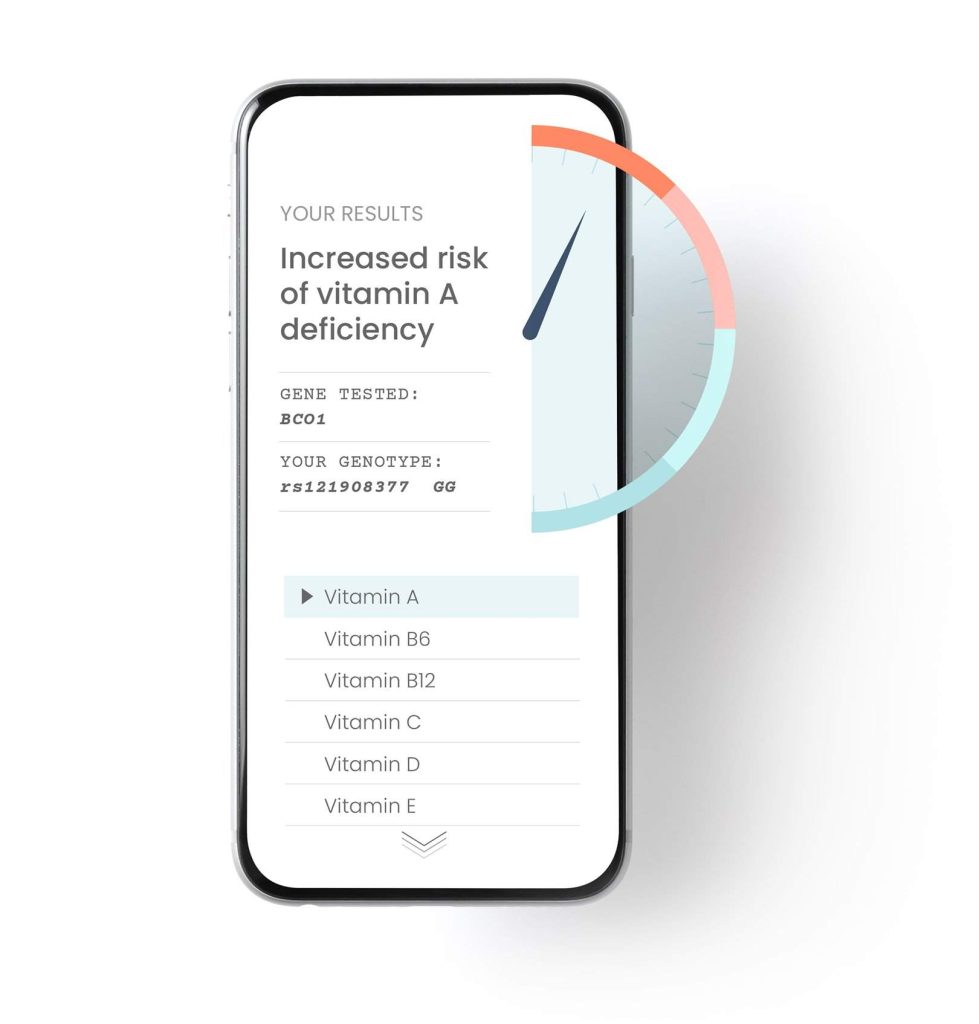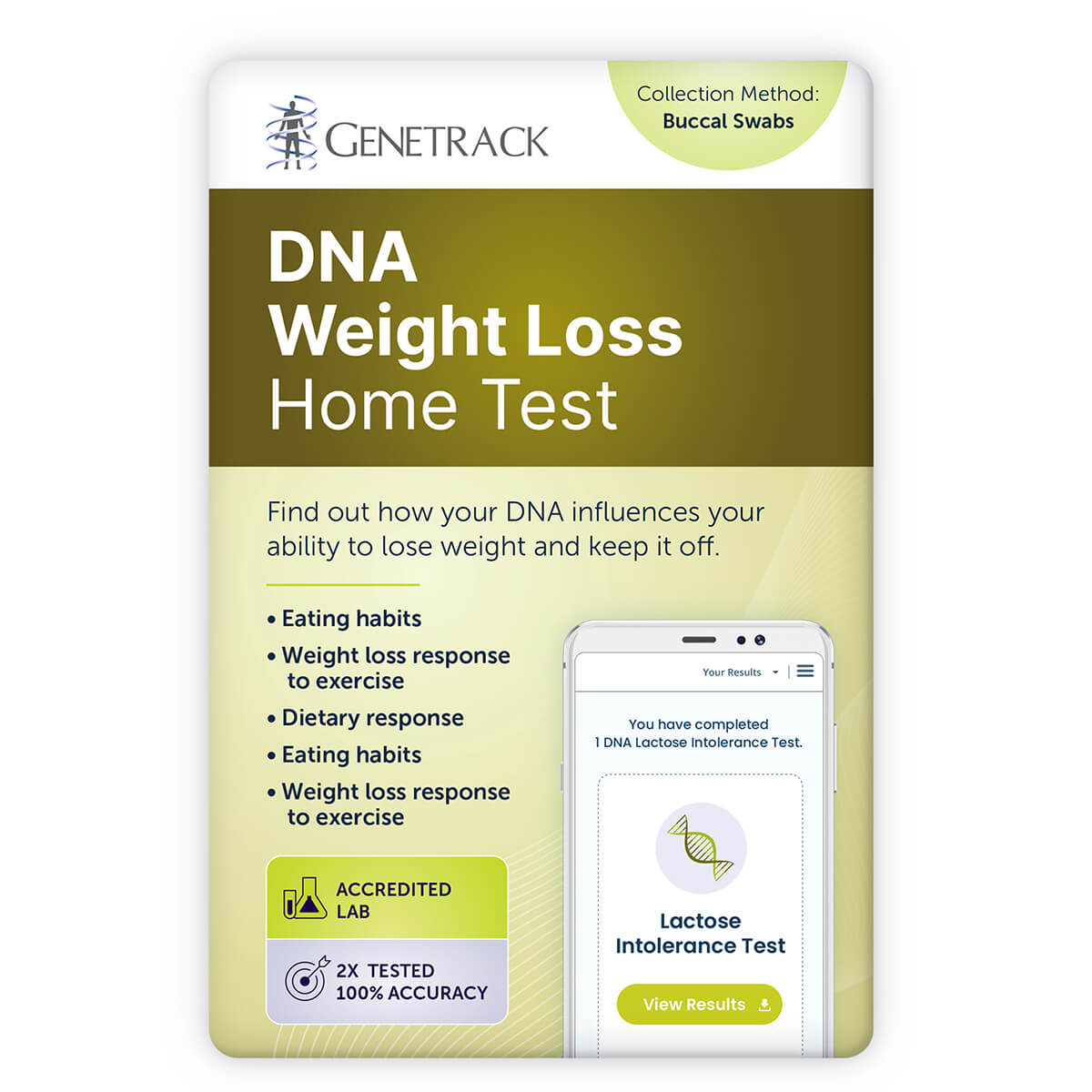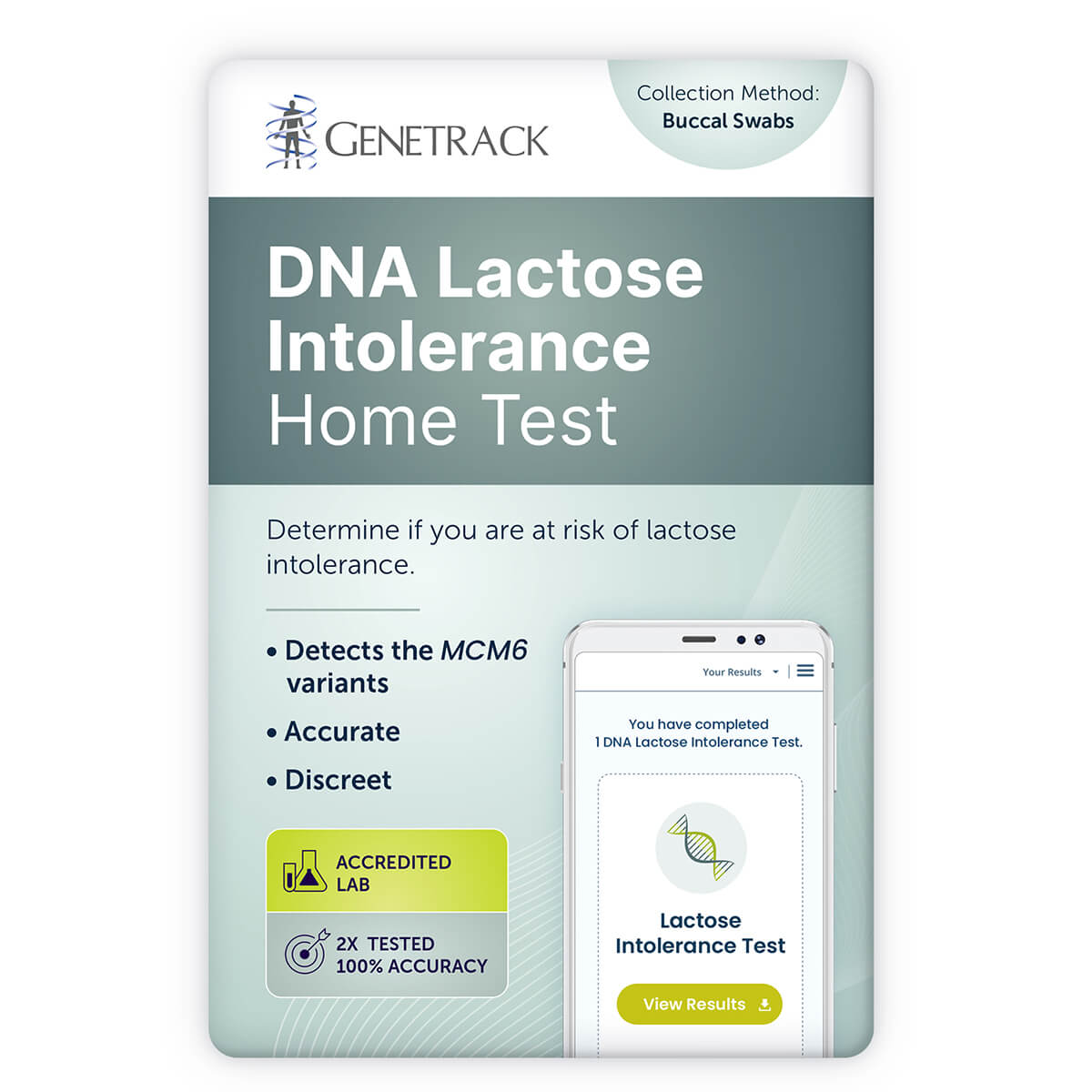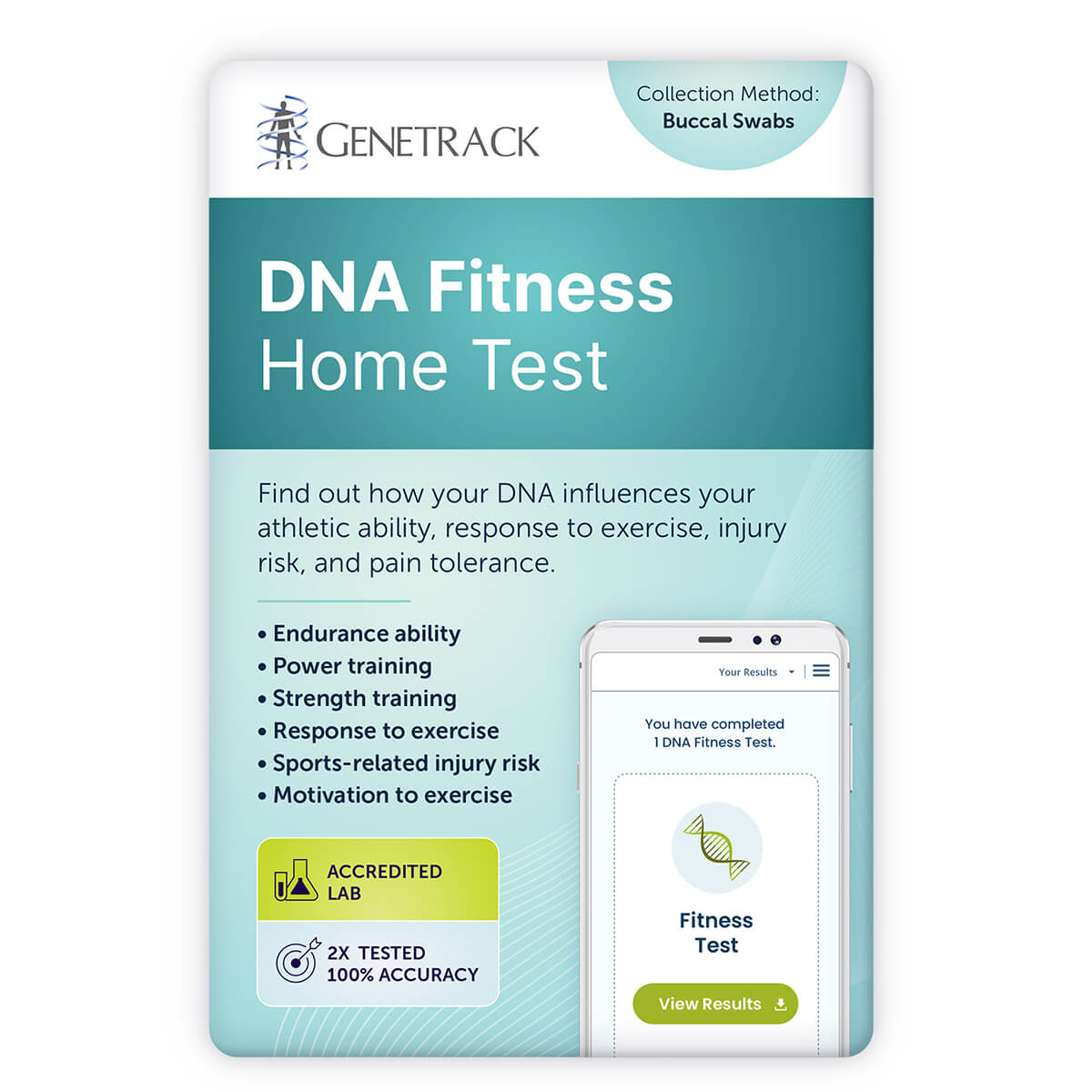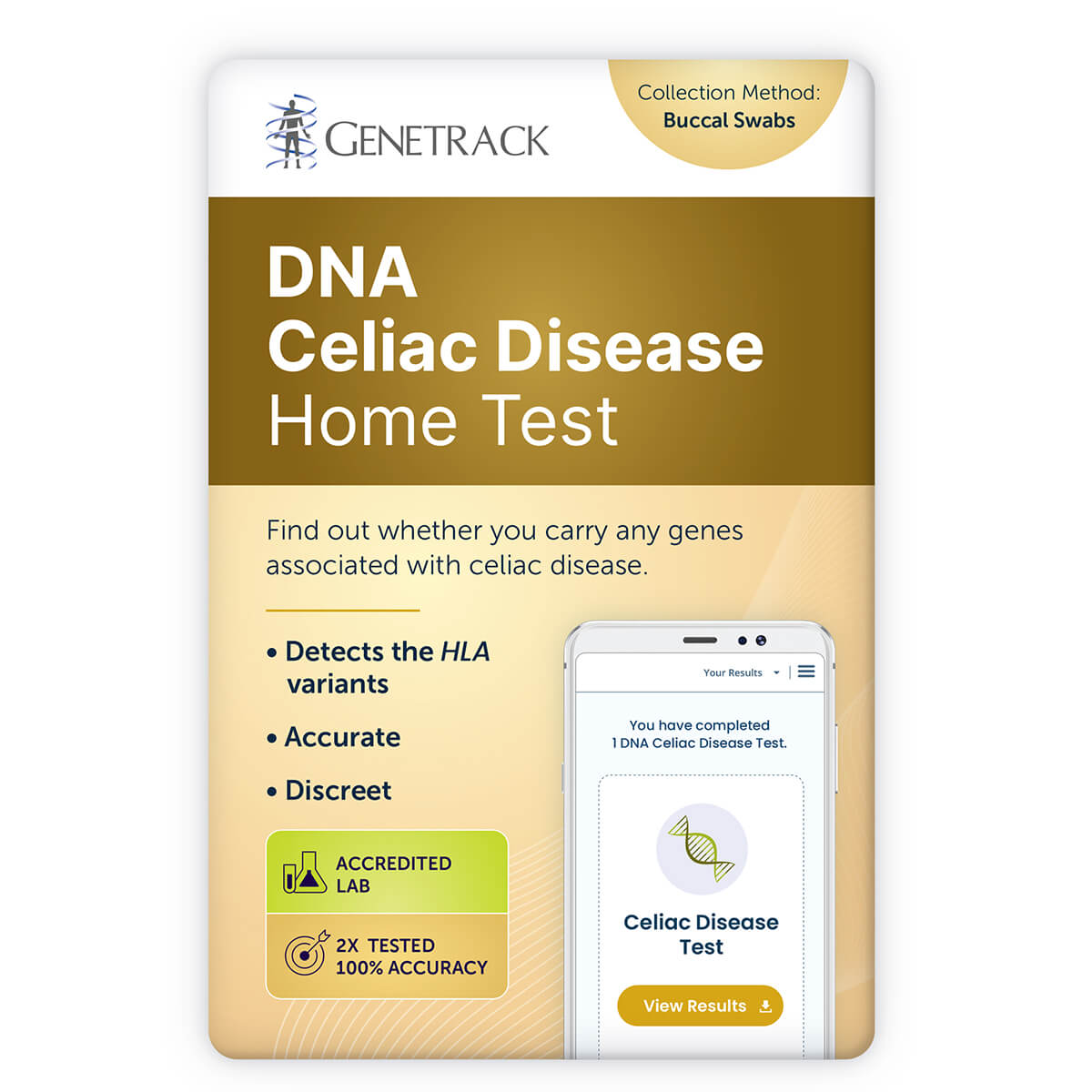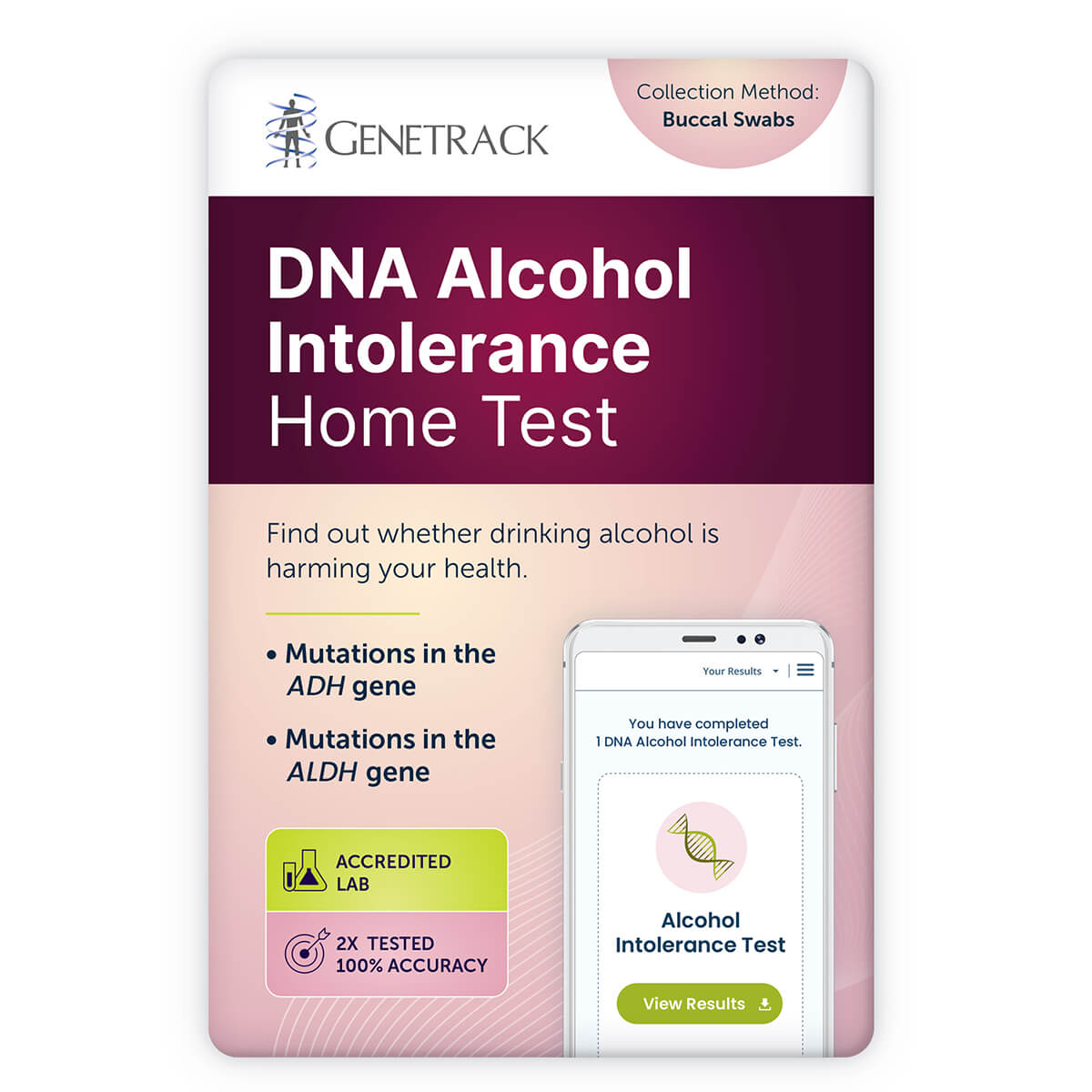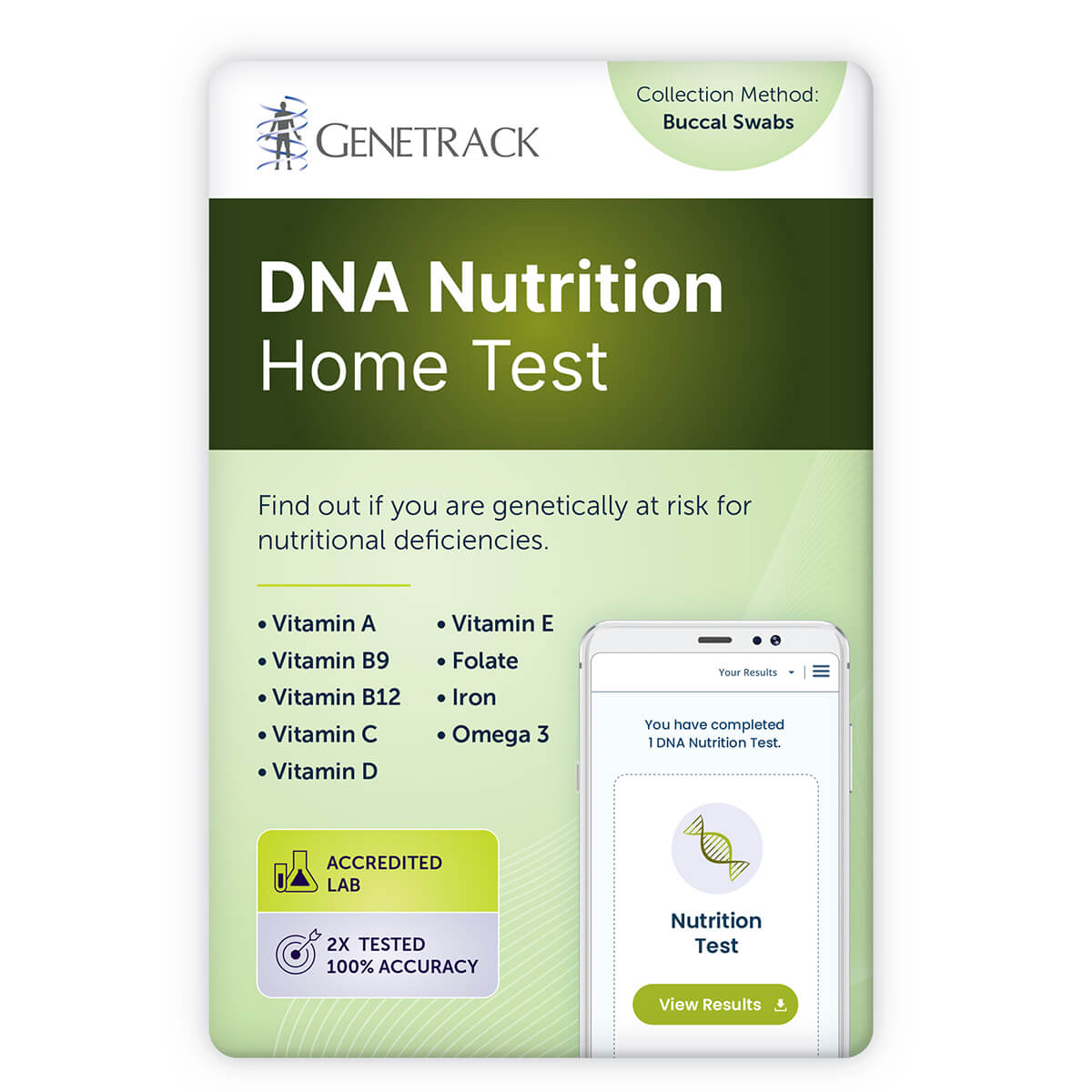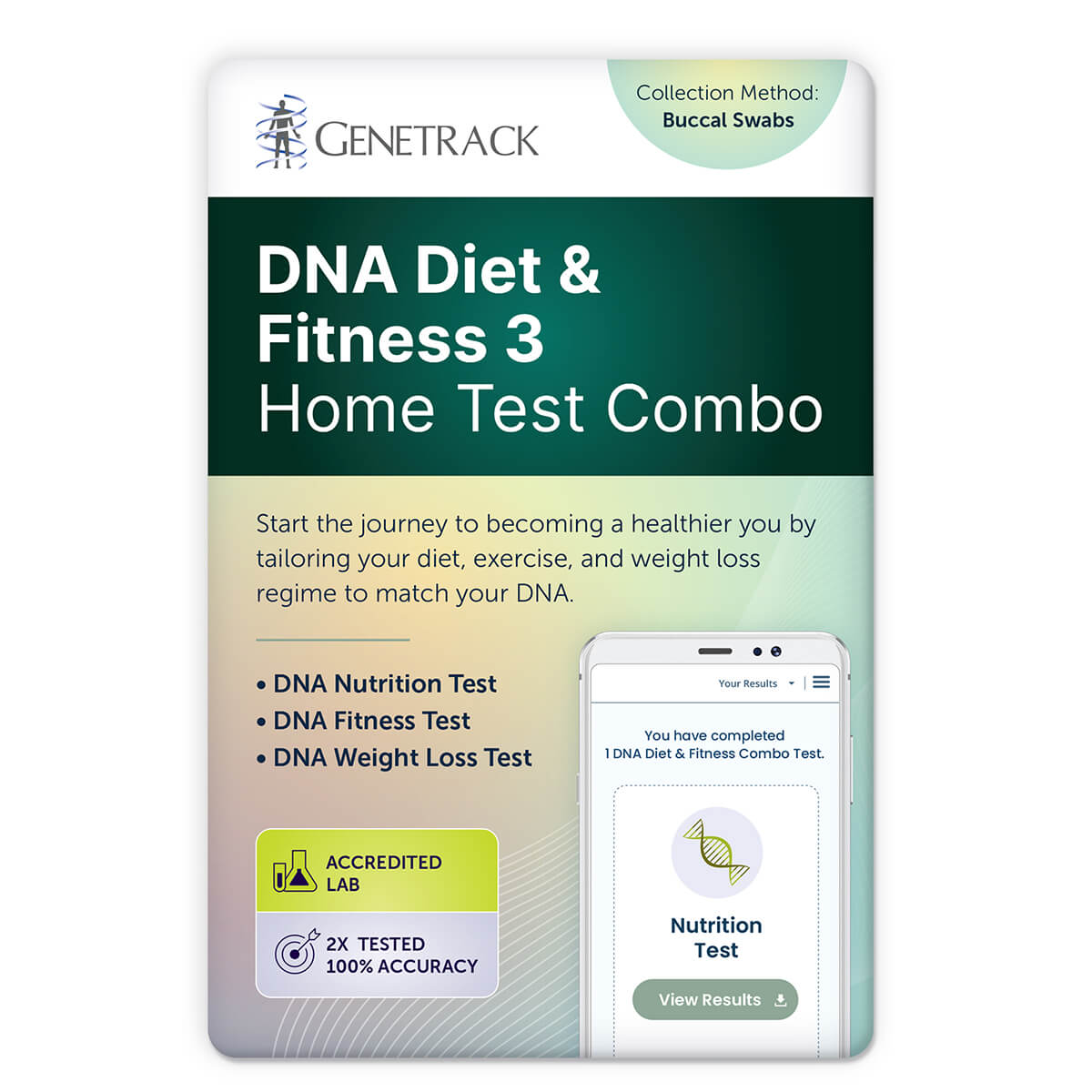DNA Weight Loss Test
Discover the connection between your DNA and weight loss
Having trouble maintaining a healthy weight? Feeling frustrated with the latest diet trends? Your genes might hold the answers. With this at-home DNA test, you can:- Identify genetic factors affecting your weight.
- Learn the best methods for successful, long-term weight loss.
- Enhance your weight loss strategy with genetic insights.
NT$18,100
AABB, ISO17025 & CLIA accredited lab
Personalize Your Weight Loss with DNA Insights
Struggling to lose weight? Your genes may be working against you. Certain DNA variants make weight loss more difficult by increasing appetite, slowing metabolism, reducing exercise motivation, and more.
Our weight loss DNA test analyzes your genetic predispositions through a simple mouth swab. Discover if your DNA makes you:
- Prone to snacking
- Less likely to feel full
- More apt to store fat
- Less motivated to exercise
- Slow to process carbs
These insights allow you to optimize your diet, fitness routine, and lifestyle based on your genetics. Get genetically tailored insights to finally achieve your health goals. Order your DNA weight loss kit today.
Understanding Your Genetic Obesity Risk
Research has identified multiple gene variants that significantly influence each person’s predisposition for obesity. Genetic testing can uncover your personalized obesity risk based on your DNA.
This allows tailoring of diet, exercise, and lifestyle changes to counteract the effects of genetic variants promoting weight gain. Uncover your genetic obesity risk factors so you can take control of your health.
- Exercise Response (FTO) – Assesses how your body regulates glucose levels and fat breakdown.
- Lipolysis Activity and Fat Oxidation (ADRB2) – Looks at how fats are broken down during activities.
- Starch Digestion (AMY1) – Measures your capacity to digest carbohydrates.
- Saturated Fat Metabolism (APOA2) – Assesses your metabolism’s efficiency in processing saturated fats.
- Exercise Motivation (BDNF) – Determines genetic factors influencing your drive to exercise.
- Circadian Rhythm (CLOCK) – Provides insights into your natural body clock and related tendencies.
- Fatty Acid Uptake (FABP2) – Explores how you process and utilize different fats.
- Hunger (FTO) – Assesses genetic predisposition to feelings of hunger.
- Obesity (GNPDA2) – Identifies genetic risk factors related to obesity.
- Snacking (MC4R) – Understands tendencies towards frequent snacking.
- Food Disinhibition (NMB) – Gives insights into impulse control related to food consumption.
- Satiety (SH2B1) – Examines how quickly you feel full when eating.
- Zinc Regulation (SLC39A8) – Measures how your body regulates and utilizes zinc.
- Obesity (TMEM18) – Another gene that identifies risk factors associated with obesity.
Obesity: A Global Challenge
Obesity has become a worldwide epidemic, affecting people of all ages and backgrounds. The World Health Organization estimates that 600 million adults and 42 million children under five are obese.
Obesity increases the risk for multiple health issues like heart disease, diabetes, cancer, and osteoarthritis. It is associated with a 6-7 year decrease in life expectancy on average.
What causes obesity?
Obesity generally results from a combination of:
- Excess calorie intake
- Lack of physical activity
- Genetic factors
The increasing obesity rates are largely attributed to readily available unhealthy foods, reliance on vehicles for transport, and labor-saving technologies that reduce activity levels.
However, genetics also play a key role in obesity risk. Variants in certain genes can can affect your digestion, eating habits, and exercise motivation.
How Home DNA Testing Works

Order Test Kit
From relationship tests to health tests, we offer a wide range of DNA tests to fit your needs.

Collect & Ship
Collect your DNA with our painless mouth swabs, then send the samples to our laboratory for analysis

Receive Results
Access your confidential results online the moment testing is completed. Our team of experts is available for any questions.
Electronic Reports Delivery
